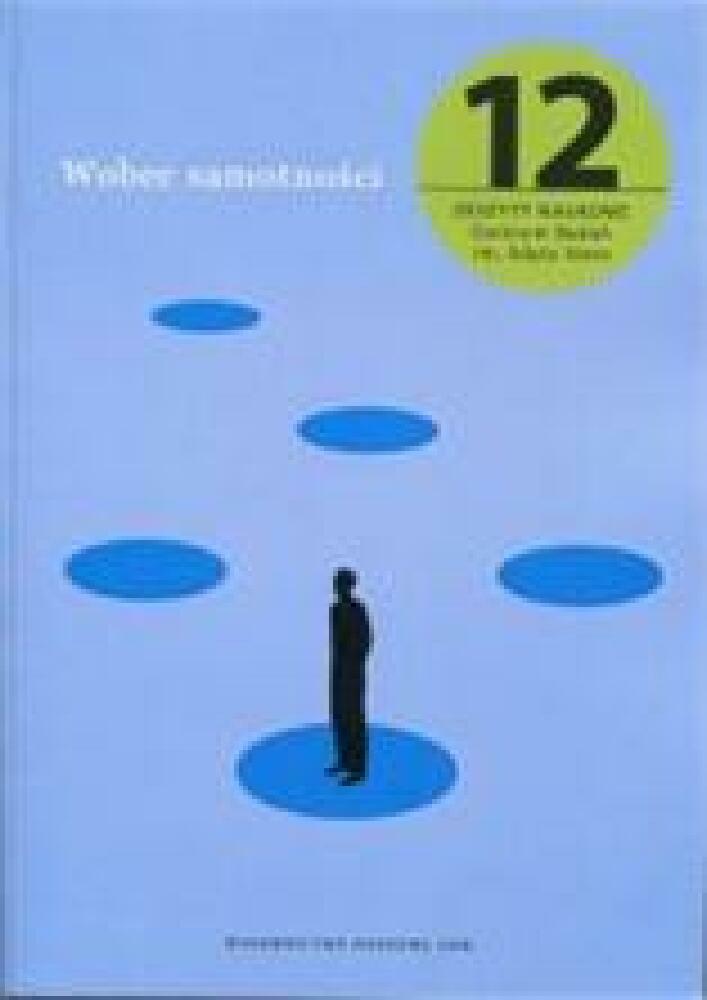Abstrakt
The article focuses on images of a solitary journey recorded in a literary form known as kikō (travel journals/diaries) that belongs to a long tradition of lifewriting narratives in Japan. The point of departure is a short introduction on structural features of kikō as a genre whose purpose is to depict a solitary journey (undertaken by poets and writers) that traces literary motifs, fictional characters, or places described in literature. The introductory part highlights the continuation of the genre in the literary tradition of Japan from the Middle Ages to the present day, and indicates how kikō can be interpreted within the framework of Western diary studies, for example as defined by Philippe Lejeune. The principal part of the paper analyses an essay written in 1952 by Endō Shūsaku Terēzu no kage o otte (Following the Shadow of Thérèse) as an example of a contemporary kikō. The essay is the testimony of Endō’s solitary journey to the south-west corner of France inorder to re-read and to capture the essence of a novel by François Mauriac, Thérèse Desqueyroux. This novel so significantly influenced Endō’s oeuvres that at the end of his life the writer would call it “the novel I have loved”.
________________
